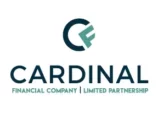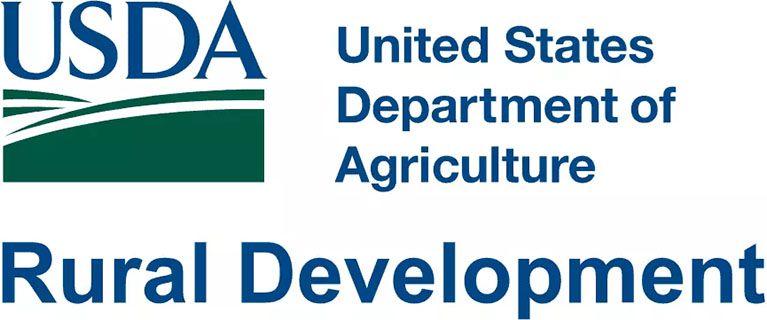FHA Loans
If you’re considering homeownership but are concerned about your credit history or debt levels, there’s encouraging news. Mortgages backed by the Federal Housing Administration (FHA) present more relaxed financial criteria, broadening the path to owning a home. These loans are a boon for individuals with modest credit ratings or significant debt, allowing for a higher borrowing percentage based on the home’s value and credit score. The minimum down payment for an FHA loan can be as minimal as 3.5%, and the interest rates are often on par with standard loans. A consistent work history and confirmed income could make your journey to owning a home smoother thanks to the more forgiving FHA loan requirements.
Understanding FHA Loans
FHA loans are a type of government-supported mortgage that caters to a wider range of homebuyers due to their relaxed financial prerequisites. Insured by the FHA, these loans enable those with less impressive credit or higher debt to secure a mortgage. They stand out as a beacon for individuals who might find conventional loans out of reach.
The Essence of FHA Loans
These mortgages are under the protection of the FHA, meaning if a borrower fails to pay, the FHA compensates the lender for a portion of the loss. This safety net makes lenders more inclined to loan to those who might not pass the stringent tests of traditional mortgages.
The Reason Behind FHA’s Flexible Requirements
FHA loans are crafted to assist a diverse array of buyers, especially those without pristine credit or hefty down payments. The FHA’s mission is to widen homeownership access, acknowledging that financial backgrounds vary widely.
Advantages of FHA Loans
FHA loans shine in several areas: they accept lower credit scores than most loan types, with eligibility starting as low as 500. They also require a smaller down payment—just 3.5% if your credit score is 580 or above, and 10% for scores ranging between 500 and 579. Furthermore, FHA loans often come with competitive interest rates, potentially lowering monthly payments.
The Role of Mortgage Insurance
Mortgage insurance is a staple of FHA loans due to their lenient credit and down payment criteria. This insurance is a safeguard for lenders, ensuring they’re covered if a borrower defaults.
Financial Criteria for FHA Loans
FHA loans have specific financial benchmarks, including credit score, down payment, employment history, income verification, debt-to-income ratio, and financial reserves.
Credit Score Standards
FHA loans are forgiving on credit scores, allowing for loans to those with scores as low as 500, though a higher score is beneficial for securing a lower down payment.
Down Payment Minimums
A down payment of 3.5% is the starting point for FHA loans, significantly less than the 10-20% norm for conventional loans.
Employment and Income Verification
Applicants must show stable employment and income, typically two years’ worth, to qualify for an FHA loan.
Debt-to-Income Ratio
FHA loans favor a debt-to-income ratio under 43%, ensuring that monthly debts don’t overwhelm the borrower’s income.
Reserve Funds
While not always mandatory, having reserves can bolster an application, demonstrating the borrower’s capacity to handle unforeseen costs.
Loan Limits and Property Standards
FHA loans come with maximum borrowing limits and property criteria, including the necessity for the property to be the borrower’s primary residence and to adhere to FHA’s safety and livability standards.
Comparing FHA and Conventional Mortgages
FHA loans are often more accessible than conventional mortgages, especially for those with lower credit scores or smaller down payments. However, FHA loans require ongoing mortgage insurance premiums, unlike conventional loans, where insurance can be canceled once equity is established.
Ideal Candidates for FHA Loans
FHA loans are particularly suited for homebuyers with lower credit, higher debt, or those purchasing a home for the first time.
Steps to Secure an FHA Loan
To pursue an FHA loan, check your credit score, save for a down payment, compile employment and income documentation, calculate your debt-to-income ratio, and seek pre-approval.
Challenges and Considerations
Be mindful of the mortgage insurance premiums, loan limits, and property criteria that come with FHA loans, and be prepared for a potentially lengthier application process due to the additional documentation required.
FHA Loans vs. Other Government Loans
It’s beneficial to weigh FHA loans against other government-backed options like VA loans for veterans or USDA loans for rural homebuyers, each with its unique benefits and eligibility criteria.
Tips for a Smooth FHA Loan Experience
Work with a lender experienced in FHA loans, prepare all necessary documentation in advance, and stay organized to navigate the process effectively.
In Closing
FHA loans are a gateway to homeownership for many, offering lower barriers to entry than conventional mortgages. By understanding the ins and outs of these loans, prospective homeowners can make educated decisions and find a path to owning a home that aligns with their financial situation. Whether you’re a newcomer to the market or seeking to refinance, FHA loans could be the key to achieving your property-owning aspirations.

